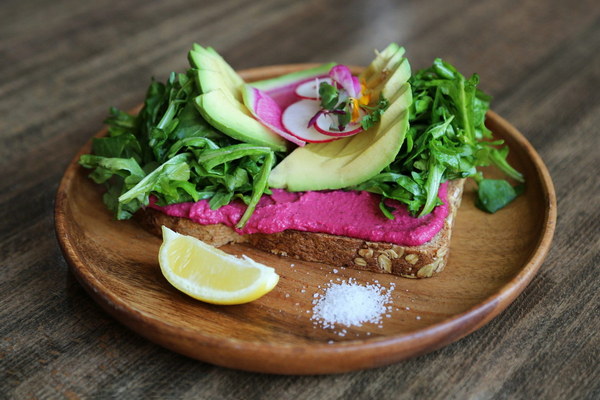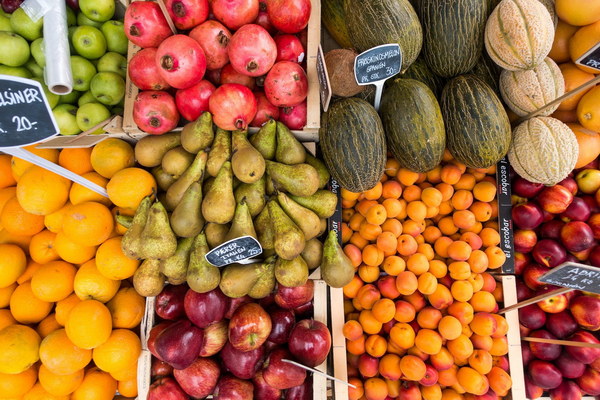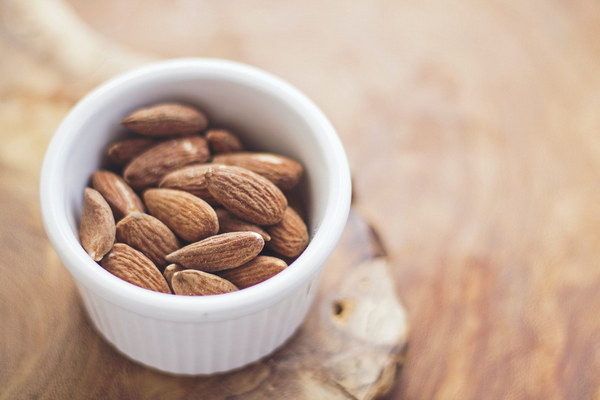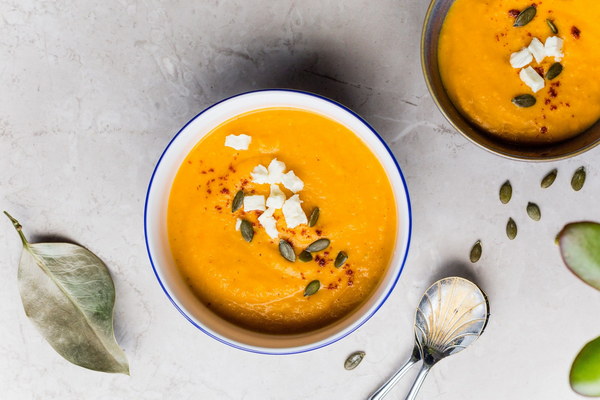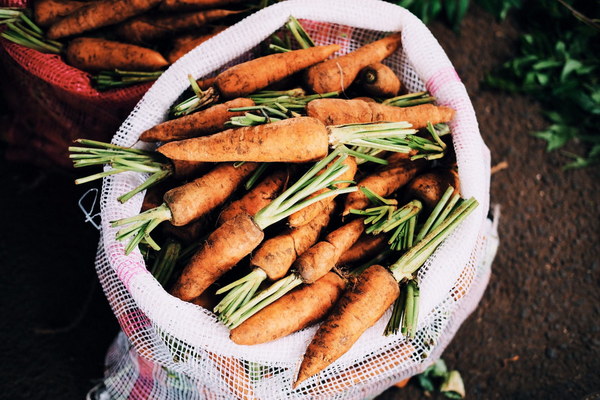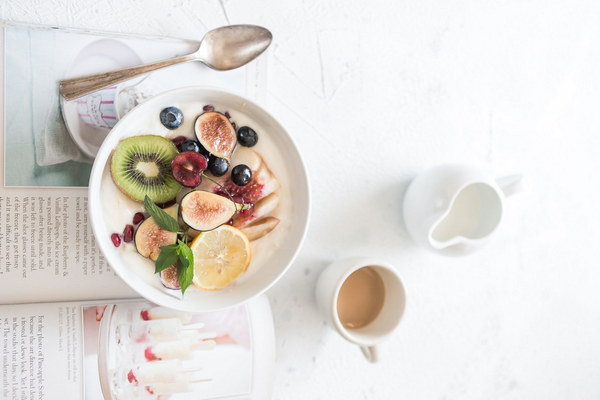Unlocking the Secret to Holistic Health Discover the Warming and Moisture-Relieving Medicines
In the realm of traditional medicine, there exists a unique category of remedies that combine the principles of warming and moisture-relieving properties. These medicines are designed to address the common problem of dampness in the body, which can lead to a variety of health issues ranging from fatigue and joint pain to digestive disorders. In this article, we will delve into the fascinating world of these warming and moisture-relieving medicines, exploring their benefits, uses, and how they can help you achieve a balanced and healthy life.
Understanding Dampness in Traditional Medicine
In traditional Chinese medicine (TCM), dampness is considered a fundamental cause of illness. It is believed that when the body becomes too damp, it can lead to a range of symptoms, including:
- Chronic fatigue
- Weight gain
- Joint pain
- Digestive disorders
- Edema
- Poor circulation
The concept of dampness is rooted in the belief that the body's internal balance of yin and yang can be disrupted, leading to an accumulation of dampness. This imbalance can be caused by various factors, such as poor diet, excessive moisture in the environment, or internal conditions like spleen and kidney deficiencies.
Warming and Moisture-Relieving Medicines: The Key to Balance
To counteract the effects of dampness, traditional medicine offers a variety of warming and moisture-relieving medicines. These remedies are designed to restore the body's balance by promoting the flow of Qi (vital energy) and resolving dampness. Here are some popular types of these medicines:
1. Herbs: Many herbs possess both warming and moisture-relieving properties. Some common examples include:
- Cinnamon: Known for its warming effect, cinnamon can help improve circulation and alleviate dampness.
- Licorice root: This herb has a sweet, soothing taste and is often used to harmonize other ingredients in herbal formulas.
- Astragalus: A powerful immune-boosting herb, astragalus can help strengthen the body's resistance to dampness-related illnesses.
2. Acupuncture: Acupuncture therapy involves inserting fine needles into specific points on the body to stimulate Qi flow and resolve dampness. It can be an effective complement to herbal remedies.
3. Diet: Certain foods can also help alleviate dampness. These include:
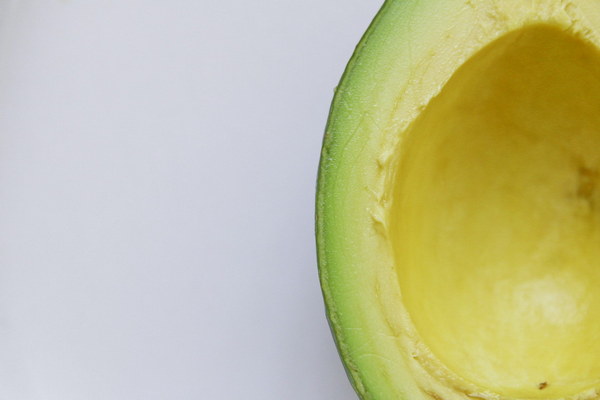
- Warm, cooked foods
- Foods rich in B vitamins, such as bananas, avocados, and almonds
- Spices like ginger, turmeric, and cumin
Benefits of Warming and Moisture-Relieving Medicines
The benefits of using warming and moisture-relieving medicines include:
- Improved energy levels
- Reduced joint pain and muscle stiffness
- Enhanced digestion
- Better overall circulation
- Increased resistance to dampness-related illnesses
How to Use Warming and Moisture-Relieving Medicines
It's important to consult with a qualified healthcare provider before starting any new treatment, especially when it comes to herbal remedies. Here are some general guidelines for using these medicines:
- Start with a low dosage and gradually increase as needed.
- Take the medicine with warm water to enhance its warming effect.
- Be patient, as the benefits may take some time to manifest.
Conclusion
Warming and moisture-relieving medicines offer a natural and effective way to address the common problem of dampness in the body. By incorporating these remedies into your wellness routine, you can achieve a balanced and healthy life, free from the discomforts of dampness-related symptoms. Remember to consult with a healthcare provider to ensure the right approach for your individual needs.

